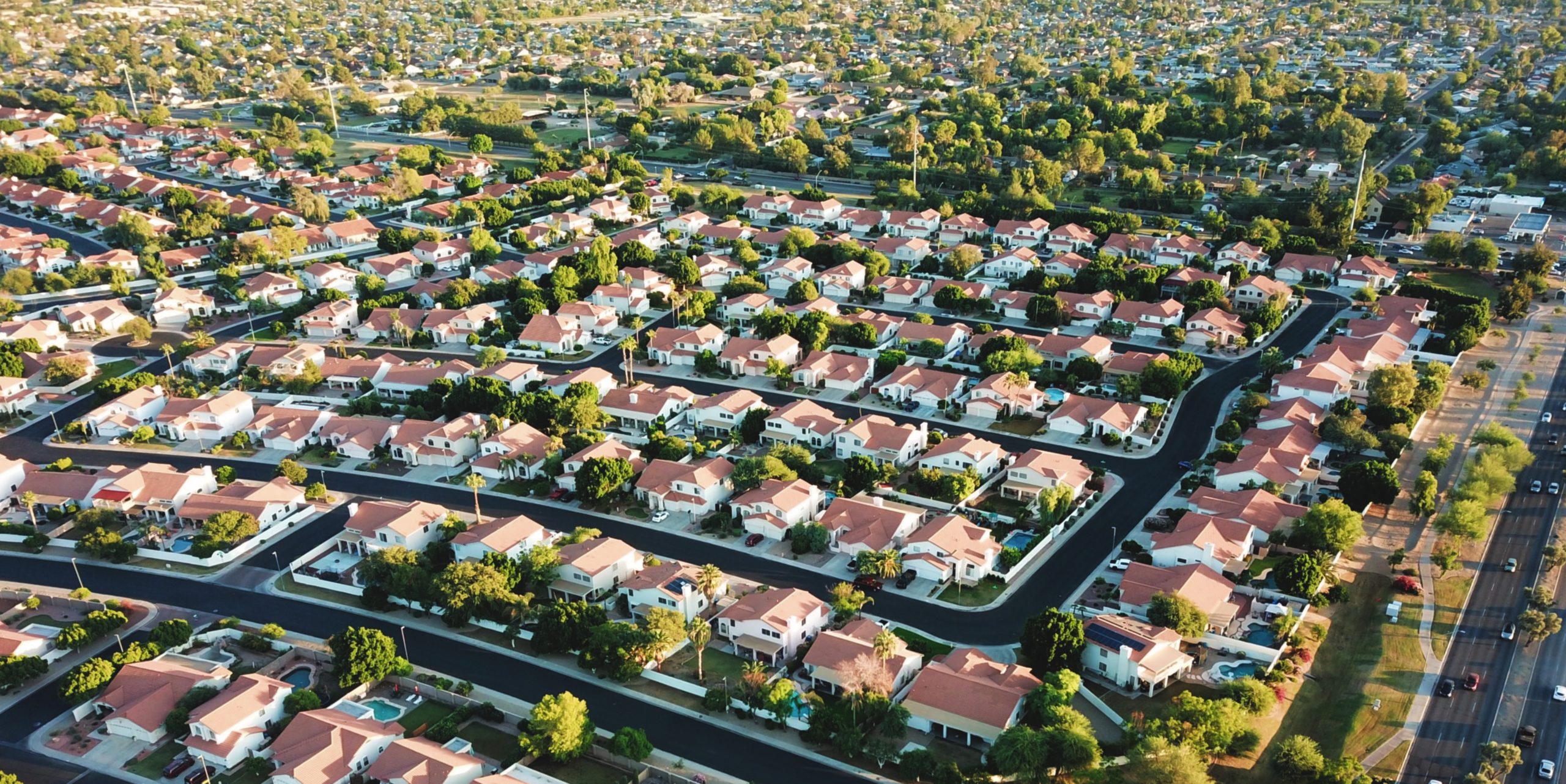iBuyers have purchased more than one out of every 10 homes sold so far this year in a handful of neighborhoods, cities and towns. These hotspots are mostly clustered in North Carolina and Arizona.

Eight neighborhoods—in Phoenix, Charlotte, Fort Worth, and Raleigh—had iBuyer purchase rates of 10% or more through October of 2019. iBuyers purchased 13.7% of the homes sold so far in 2019 in the Phoenix neighborhood of Pecan Creek, making it the most active neighborhood in the country for iBuyers this year.
“The fact that iBuyers have reached over 10% market share in some places could be an indication of how big iBuying could get nationwide once the business model is perfected,” said Redfin chief economist Daryl Fairweather. “However, it’s possible that iBuyers are only doing so well in certain neighborhoods because the homes there are largely homogenous—modest, entry-level homes all built around the same time, typically with two or three bedrooms. These factors make it easier to use automated tools to value homes well and resell them quickly. As iBuyers begin to expand in more expensive markets beyond the small foothold they currently have, we’ll get a clearer picture of whether they are capable of reaching a high level of market share nationwide.”
“A lot of what’s driving home sellers to accept offers from iBuyers in the Phoenix area is the ability it gives them to move up to another home quickly,” explained Phoenix Redfin agent Kelly Khalil. “A move-up buyer who wants to make a strong offer on a mid-range home in the $300,000 to $350,000 range can sell their entry-level house quickly to an iBuyer. Then they don’t have to make an offer with contingencies. We’re seeing this in a lot in affordable areas like San Tan Valley that are a little farther away from Phoenix proper.”
In addition to eight neighborhoods, there were three cities or towns where iBuyers purchased over 10% of the homes in the third quarter: two in the Phoenix area—Tolleson, AZ (11.8%) and San Tan Valley, AZ (10.6%)—and the town of Knightdale, NC, near Raleigh. iBuyers purchased 14.8% of the homes sold in Knightdale in the third quarter, more than any other city or neighborhood in the nation.
“iBuyers in Raleigh have been primarily focused on suburban homes priced between $200,000 and $300,000,” said Raleigh Redfin agent Mark Stephens. “The iBuyers definitely have a ‘type’—most of the homes they’re buying are standard two-story homes that were built in the ’90s and early ’00s. Their uniform nature makes these homes easy to turn around quickly with minor exterior work plus some carpet and paint inside.”
Raleigh Redfin agent Allen Wyde agreed. “For the most part, iBuyers are sticking to the popular suburbs where there are lots of similar homes that they can buy in their sweet spot under $300,000.”
Most of the neighborhoods, cities and towns where iBuyers have been purchasing the largest share of homes are more affordable than their respective metro areas. So far iBuyers are seeing the most success when they focus on homes that fall within the relatively tight price range of $200,000 to $300,000. This means that many of their purchases have been clustered in the lower-priced regions within a given market. However, their focus on this price range may change for iBuyers in 2020 as they begin expanding into expensive coastal markets. RedfinNow is already operating in higher priced markets like Los Angeles, Orange County and San Diego. Zillow has recently announced that they have expanded Los Angeles, and Opendoor has indicated that they’ll be there soon, too.
To identify purchases made by iBuyers, we analyzed public records data of home sales across all the markets that Redfin covers. When an iBuyer purchases a home, public records usually show the buyer as an entity (e.g., corporation, partnership, or LLC), and each iBuyer can have multiple purchasing entities. Our analysis identifies these entities to the extent possible, and we connect them to iBuyers as they appear in the records, but sometimes there are homes that we don’t realize an iBuyer purchased until we see it hit the market for sale. When that happens we update our data to include all purchases by the entity on record for that home, which can cause our iBuyer share numbers for previous periods to increase.
In determining market share, we included all currently known iBuyer purchases as the numerator and all single-family, condo, and townhome sales, excluding new construction and bank-owned homes, as the denominator. While we collected data from many more markets across the country, for this report we focused only on neighborhoods where iBuyers have purchased at least 25 homes in 2019 through October and cities/towns where they purchased at least 25 homes in the third quarter of 2019.
Our data showed transactions from the following iBuyers in the 18 metro areas in the study.


